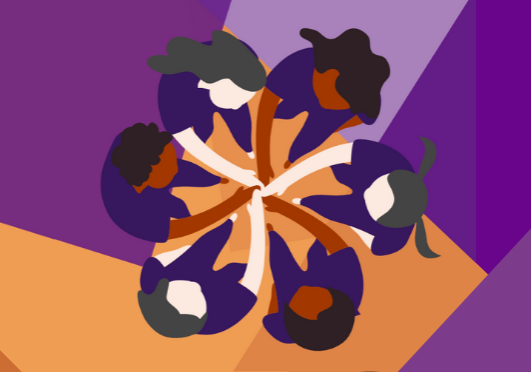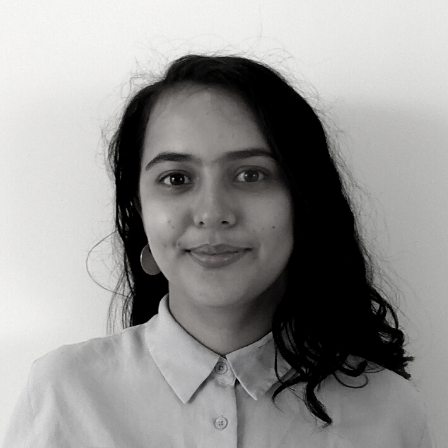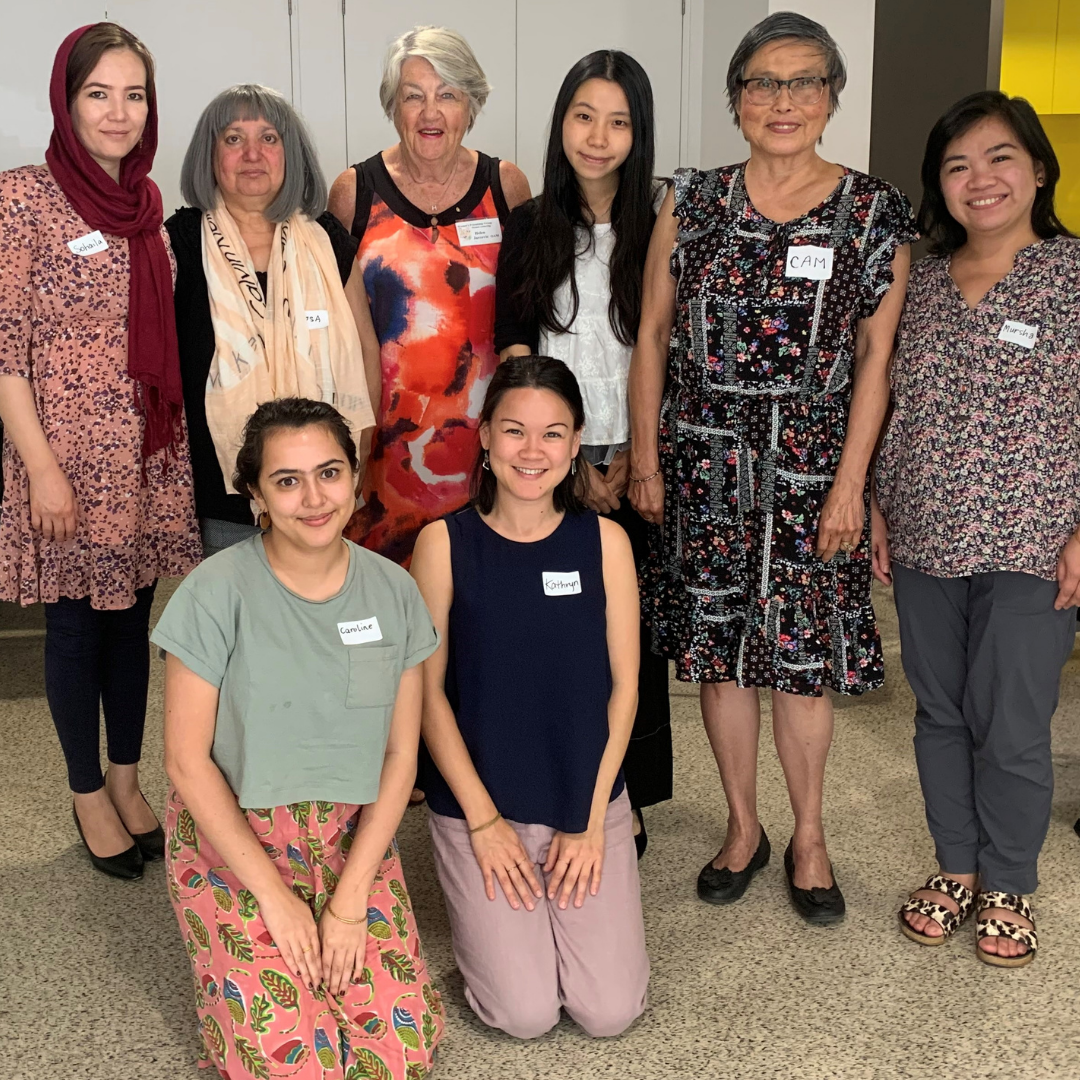About the project
Funded by the Victorian Department of Families, Fairness and Housing, this program strengthens the capacity of all Victorian Women’s Health Services to prevent violence against migrant and refugee women by:
- providing a shared platform and community of practice for migrant women's organisations,
- building understanding of intersectional approaches to preventing violence through training, and
- promoting and facilitating equitable partnerships and collaborations between women's health services and multicultural and ethno-specific groups.

Why this project is important
Working with any community to prevent violence against women takes time and experience. Women's Health Services depend on the specialist knowledge of migrant and refugee women's organisations, as well as ethno-specific, faith-based and multicultural organisations, working in prevention of violence against migrant women. to know what works in specific communities and what mainstream services can do to improve access for migrant and refugee women.
For decades, migrant women have been preventing and responding to violence in migrant communities, fostering women's leadership and holding men accountable to gender equality work. Yet, much of these efforts have been under-represented and under-funded.
The 'Key Contacts in Migrant Women’s Prevention of Violence' resource is an outcome of this project, to help people contact and equitably collaborate with migrant women's organisations in Victoria.
Project activities
We support and run a Community of Practice for Migrant Women's Organisations preventing violence against women. If you are interested in joining the network, contact Louella Villadiego-Logge Louella@mcwh.com.au or Kathryn Aedy Kathryn@mcwh.com.au

We offer ongoing advice and tailored training for Victorian Women’s Health Services on working with migrant and refugee communities.
Why we talk about intersectionality to prevent violence against women
Intersectionality is a way of seeing or analysing the dynamics of power and social inequality in our society. Intersectionality was coined by black feminist and activist, Kimberlé Crenshaw.
It can be described in different ways: as a theory, an approach, a lens or a framework. What is essential to intersectionality is the recognition that inequalities are never the result of someone's class, race, disability, sexuality or gender. Rather, they are due to the intersecting power relations around these factors.
Family violence and gender inequality affects many women and children and men, but not all experiences are the same, because sexism can and often does occur with other forms of discrimination.
When we are talking about intersectionality in PVAW, we are talking about understanding and defining the problem of violence against women and family violence across individual, organisational and societal levels to understand the intersecting factors that influence a person’s vulnerability to, and experience of violence.
We can address women's barriers to accessing to services by using an intersectional approach. This approach asks, “What are the bigger forces at play in people’s lives? How do systems and structures (such as the immigration system and settlement process) impact their experiences?”
How this project helps migrant and refugee women
This project raises awareness of the intersecting factors that create migrant and refugee women’s experiences of violence, and how this can be prevented. It centres migrant and refugee women’s voices and expertise. At the same time, the project strengthens the organisational capacity of women’s health services and their regional partners to increase migrant women’s participation and leadership in prevention initiatives.
Our funders
This project is funded by the Department of Families, Fairness & Housing (DFFH) under the Victorian State government’s Free from Violence Strategy – Victoria’s plan to break the cycle of family violence and violence against women.



